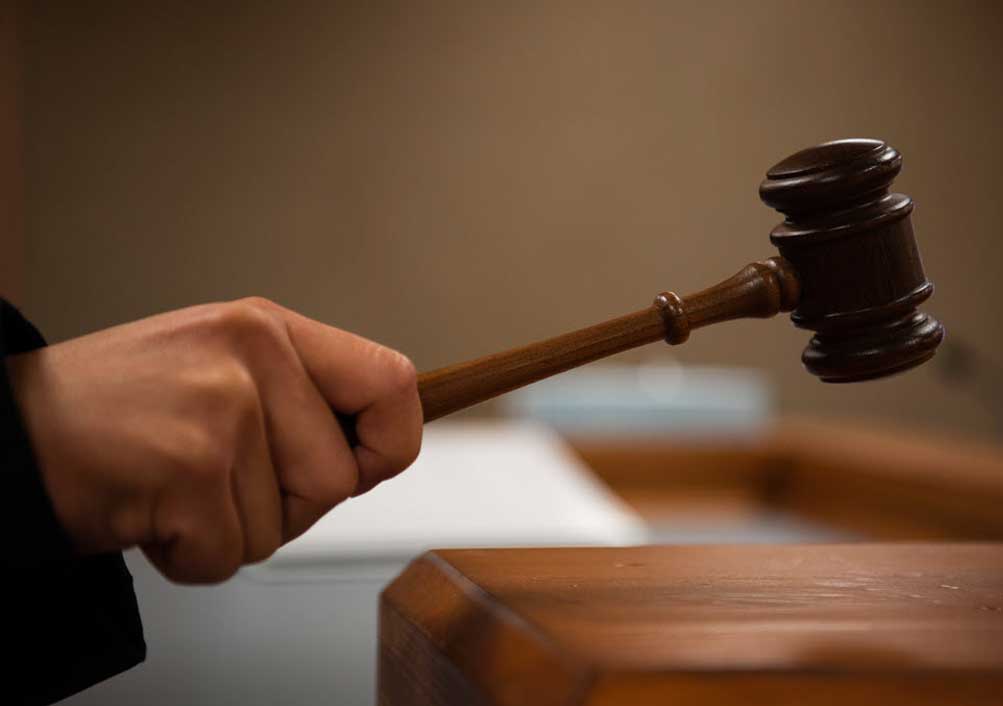Society registered under Societies Registration Act is entitled to sue and be sued, only in terms of its bylaws: Supreme Court

Read Judgment: P. Nazeer vs. Salafi Trust & Another
Pankaj Bajpai
New Delhi, March 31, 2022: While considering an appeal challenging the judgment, whereby the Kerala High Court reversed the order of the Waqf Tribunal and decreed the suit of the respondents in entirety, but dismissed their own suit in Civil Revision Petitions filed under the proviso to Section 83(9) of the Waqf Act, 1995, the Supreme Court has opined that society registered under the Societies Registration Act is entitled to sue and be sued, only in terms of its byelaws, as the bylaws may authorize the President or Secretary or any other office bearer to institute or defend a suit for and on behalf of the society.
A Division Bench of Justice V. Ramasubramanian and Justice Hemant Gupta observed that unless the plaintiff in a suit which claims to be a society, demonstrates that it is a registered entity and that the person who signed and verified the pleadings was authorized by the bylaws to do so, the suit cannot be entertained.
The fact that the plaintiff in a suit happens to be a local unit or a Sakha unit of a registered society is of no consequence, unless the bylaws support the institution of such a suit, added the Bench.
The document in respect of which P. Nazeer (appellants) sought a declaration of nullity, in their own suit, was a certificate issued by the Chief Executive Officer of Kerala Waqf Board dated March 24, 2004 in favour of Salafi Trust.
The Apex Court found that the Waqf Tribunal refused to declare the Certificate issued by the CEO of the Waqf Board as void, on the ground that undisputedly, Salafi Trust got the waqf registered u/s 36 of the Waqf Act and that admittedly Mr. A.K. Babu was the Secretary of the Trust.
But the relief of injunction was granted by the Waqf Tribunal on the ground that the management and administration of the mosque and its properties was with the Mahal Committee, added the Court.
Speaking for the Bench, Justice Ramasubramanian found that in the revision, the High Court found that the Mahal Committee was not a registered entity and hence not entitled to file a suit, the suit was not even filed in a representative capacity after following the procedure prescribed under Order 1 Rule 8 CPC. It was also noted by the High Court that though the challenge was to the management and administration of a mosque and its immovable properties, there was no schedule of property attached to the plaint and as per the evidence on record, it was the Salafi Trust which was in management and administration of the mosque and its properties.
“In the plaint in O.S No.9 of 2004, there was not even a whisper about the corporate status of the Mahal Committee. In the written statement filed by Salafi Trust, they raised a specific contention that plaintiff No.1 was not a legal entity and that it is an illegal association of certain individuals and that there was not even a pleading as to whether there were any byelaws and as to how plaintiffs No.2 and 3 became the President and Secretary respectively” added the Bench.
Thus, Justice Ramasubramanian highlighted that unfortunately, the Waqf Tribunal held that Mahal Committee (first plaintiff) is a legal entity, entitled to sue and be sued, solely on the ground that first plaintiff was one of the Sakha units affiliated to a registered society by name Kerala Naduvathil Mujahideen (KNM).
The Waqf Tribunal committed a gross illegality, first in not framing an issue about the status of the Mahal Committee and then in recording a finding as though the local unit of a registered society which is in enjoyment of affiliated status, was entitled to sue, added the Bench.
The Apex Court therefore concluded that once it was admitted that the Salafi Trust who got the mosque registered as a waqf u/s 36 of the Act and once it was admitted that the mosque was constructed in a vacant plot demised by Salafi Trust, it was not open to the Sakha Unit to go against the statutory prescriptions and claim to be the Mutawalli.
Sign up for our weekly newsletter to stay up to date on our product, events featured blog, special offer and all of the exciting things that take place here at Legitquest.




Add a Comment